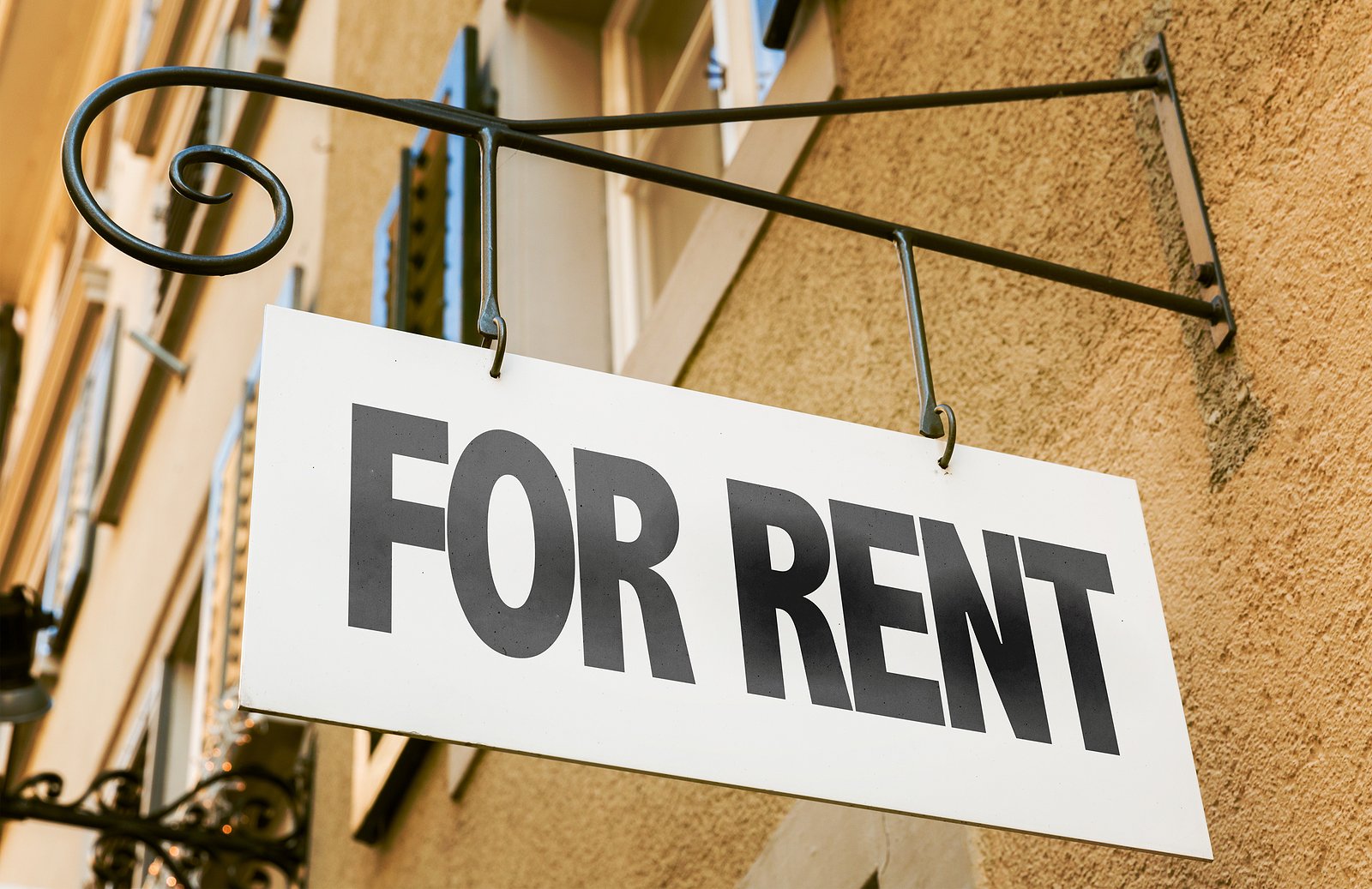Tax time during a pandemic can be complicated for everyone. Landlords adversely affected by the loss of rent payments must understand the tax laws for 2020. There have been some changes and adjustments related to COVID-19 in 2020. We offer some guidance on how those changes interact with existing rental income tax laws.
Tips for Landlords Filing with Losses from COVID-19
We've written with tips for landlords tax filing before, but 2020 was an unusual year. Here are some basic facts to consider related to your 2020 tax liability:
- Filing deadlines – Once again, there is a deferred date for filing your tax returns. For individuals and passive income earners, including single-member LLC and unincorporated businesses, Form 1040 with Schedule E is now due on May 15, 2021.
- Rental losses – There is additional pandemic-related accommodation for passive earners who lost rental payments. Landlords must report income that they received, and, as usual, there is a limit on deductions for rental loss for your primary dwelling, which you fill out on your Schedule E form. Depending on your income, there is a possible $25,000 annual rental loss allowance.
- Write-offs for Improvement – Small businesses that took the opportunity to perform immediate facility improvement during the 2020 COVID-19 moratorium or mandates may be able to write off that cost rather than waiting for depreciating over time for future taxes.
- Immediate Emergency Refunds – If you paid the Alternative Minimum Tax (AMT) for 2020 and have a credit, you won’t have to wait until the end of 2021 for your refund.
- Net Operating Loss – Your NOL reporting limits can go back in time to allow additional tax credits. You can now apply losses for 2018, 2019, and 2020 from 5 years before the loss. You can deduct 2020 COVID-19-related losses from taxable income as far back as 2015.
- Reporting Rental Income – If your rental property is part of your primary residence, it is unnecessary to report income for rentals lasting fewer than 15 days.
- Increased Deductions for Loan Interest – The amount of business loan interest allowed deductions in 2019 at 30% of your business’s taxable income has increased for 2020 to 50%.
Quick Review: Filing Your 1040 + Schedule E
Schedule E addresses passive income, which is defined as received income that you did not have to work to earn. It is the primary form for filing rental income tax, which prevents a landlord with a small rental operation from paying additional self-employment taxes. While you may not be able to deduct for lost rent due to COVID-19, you still have many regular deductions available to make sure you reduce your tax obligation as much as possible. Many of these deductions may have naturally increased due to pandemic issues, such as legal expenses or improvements made necessary due to COVID mandate compliance. These deductions include:
- Advertising – Rental listings, websites, ads on social media
- Fees – Legal, professional, property management, collection agency
- Maintenance – Repair, improvements, maintenance, cleaning, purchases of all supplies and furnishings, and projects related to new local compliance
- Monthly expenses – Insurance, utilities
- Taxes – State and local taxes
Don’t leave money on the table or pay taxes on income that you did not receive. Landlords filing their individual 2020 income taxes may have additional questions about the best way to file. Consult the tax professionals at Myrick CPA to ensure you get the best result from your 2020 pandemic tax filing.





